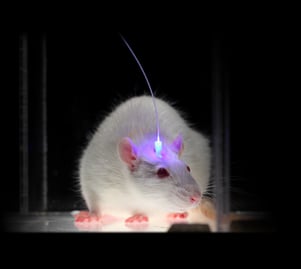Pulsara Around the World - February 2026
January Recap The start of 2026 was on the slow side for our events schedule, with our team heading to the Florida Fire & EMS Conference, the...
![New Research Promotes Recovery from Stroke [Full Text PDF]](http://www.pulsara.com/hubfs/optogenetics.png)
 Neurology is an emerging field marked by rapid changes and advances. Stroke teams are constantly trying new methods to reduce treatment times in order to prevent as many brain cells from dying as possible ... after all, two million brain cells die every minute when a patient is having a stroke.
Neurology is an emerging field marked by rapid changes and advances. Stroke teams are constantly trying new methods to reduce treatment times in order to prevent as many brain cells from dying as possible ... after all, two million brain cells die every minute when a patient is having a stroke. 
January Recap The start of 2026 was on the slow side for our events schedule, with our team heading to the Florida Fire & EMS Conference, the...

Recent research shows how Pulsara was successfully leveraged to connect more than 6,000 COVID-19 patients to monoclonal antibody infusion centers via...

At Pulsara, it's our privilege to help serve the people who serve people, and we're always excited to see what they're up to. From large-scale...